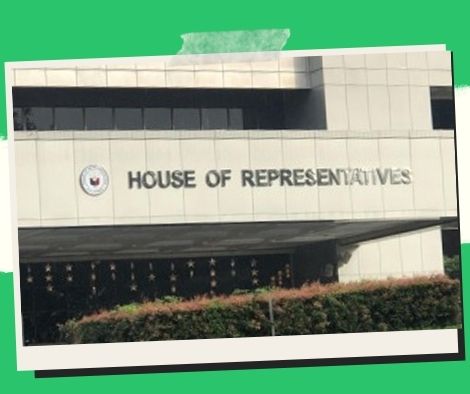
House favors a multisectoral strategy in response to the skills gap.
A bill that would establish a multi-sectoral council to address the nation’s issues with underemployment, unemployment, and job-skills mismatch has moved one step closer to being approved after the House of Representatives passed it on second reading on Wednesday.
House Bill 7370, which will establish a Tripartite Council made up of representatives from the government, academia, and industry sector, was approved by the chamber during the plenary session through a voice vote. This council will develop and carry out relevant policies and programs that are specific to job-skills mismatch.
The establishment of the council, according to Rep. Mark Go of Baguio City, chair of the House Committee on Higher and Technical Education, will help educational institutions better understand the labor market, identify where the jobs are, and determine what skills and competencies are necessary to fill these vacancies.
Go noted that the program will place more emphasis on whether graduates were actually able to use their unique mix of skills and abilities than just on whether they were able to secure employment. It would assist the nation in identifying the specific labor demands of each industry and in the development of policies that would encourage young people to pursue certain courses of study and careers.
He claimed that in order to maintain their “mutually enriching symbiotic relationship,” learning institutions and the corporate sector must develop open and ongoing lines of contact.
According to him, the synergy would ideally result in updated curricula, the creation of standards and industry practices, as well as improved productivity.
The bill states that for administrative and financial reasons, the tripartite council shall be a part of the Commission on Higher Education (CHED).
The CHED Commissioner, the Deputy Director General of the Technical Education and Skills Development Authority, and the undersecretaries of the Departments of Education, Labor and Employment, and Trade and Industry will make up the government sector’s representatives.
The presidents of the federations of public and private higher education institutions (HEIs), public and private technical vocational institutes (TVIs), and accreditation organizations of HEIs and TVIs make up the academe sector representatives.
The presidents of business and industry federations will represent the industry sector in the meanwhile.
According to the law, the tripartite council must compile a list of all the courses, academic programs, and curricula offered by public and private HEIs as well as those for TVI, and review and evaluate them.
The council is also required to examine the knowledge, abilities, and competencies of undergraduate and graduate students and graduates of technical and vocational programs, as well as to compile a list of job descriptions and skill requirements for various industries.
Save/Share this story with QR CODE
Disclaimer
This article is for informational purposes only and does not constitute endorsement of any specific technologies or methodologies and financial advice or endorsement of any specific products or services.
 Need to get in touch?
Need to get in touch?

We appreciate your reading. 
1.) 

Your DONATION will be used to fund and maintain NEXTGENDAY.com
Subscribers in the Philippines can make donations to mobile number 0917 906 3081, thru GCash.
3.) 
4.) 
AFFILIATE PARTNERS

World Class Nutritional Supplements - Buy Highest Quality Products, Purest Most Healthy Ingredients, Direct to your Door! Up to 90% OFF.
Join LiveGood Today - A company created to satisfy the world's most demanding leaders and entrepreneurs, with the best compensation plan today.

 Business, Finance & Technology
Business, Finance & Technology





